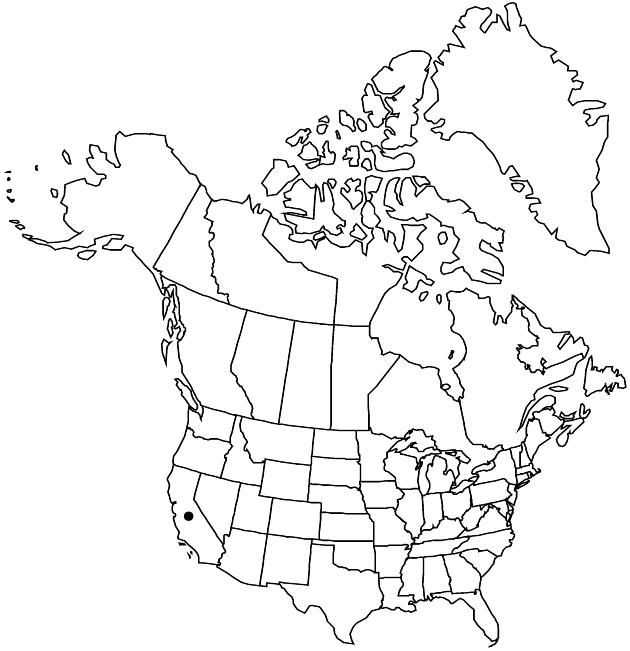familyAsteraceae
genusBaccharis
speciesBaccharis plummerae
subspeciesBaccharis plummerae subsp. plummerae
Difference between revisions of "Baccharis plummerae subsp. plummerae"
Common names: Plummer’s baccharis
Endemic
imported>Volume Importer |
imported>Volume Importer |
||
| Line 47: | Line 47: | ||
|publication year= | |publication year= | ||
|special status=Endemic | |special status=Endemic | ||
| − | |source xml=https:// | + | |source xml=https://bitbucket.org/aafc-mbb/fna-data-curation/src/2e0870ddd59836b60bcf96646a41e87ea5a5943a/coarse_grained_fna_xml/V19-20-21/V20_23.xml |
|tribe=Asteraceae tribe Astereae | |tribe=Asteraceae tribe Astereae | ||
|genus=Baccharis | |genus=Baccharis | ||
Latest revision as of 21:01, 5 November 2020
Plants 60–200 cm. Stems villous, eglandular. Leaves oblong to oblanceolate (principal 3-nerved), (15–)20–45(–55) × (3–)5–13 mm, sharply serrate. 2n = 18.
Phenology: Flowering (May–)Aug–Nov.
Habitat: Rocky slopes near beach, sea bluffs, brushy canyons, oak woodlands
Elevation: 0–1000 m
Discussion
Subspecies plummerae occurs in the Santa Monica Mountains in Los Angeles County, Matilija Canyon in Ventura County, the western slopes of the Santa Ynez Mountains and Santa Cruz Island in Ventura County (R. M. Beauchamp and J. Henrickson 1996).
Selected References
None.
Lower Taxa
None.
